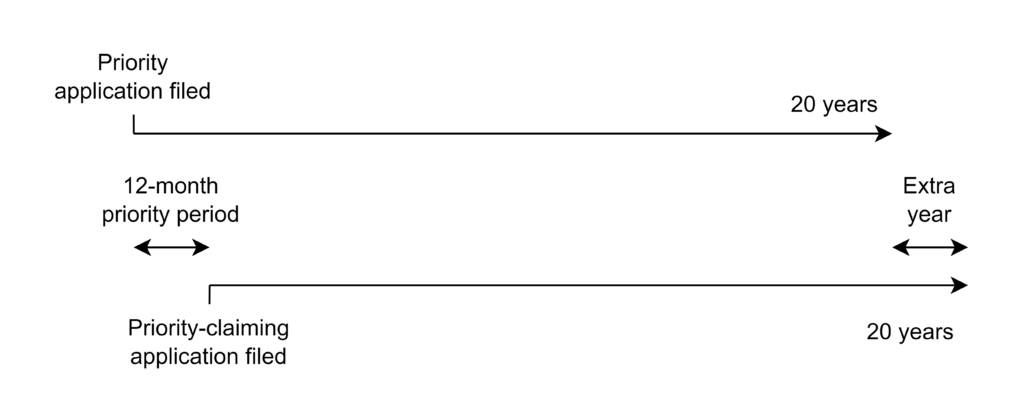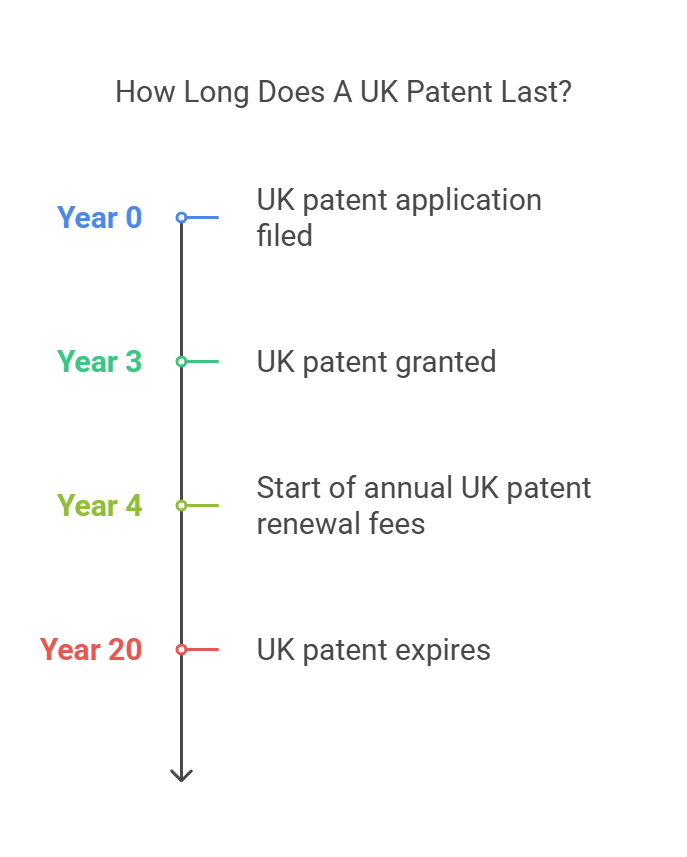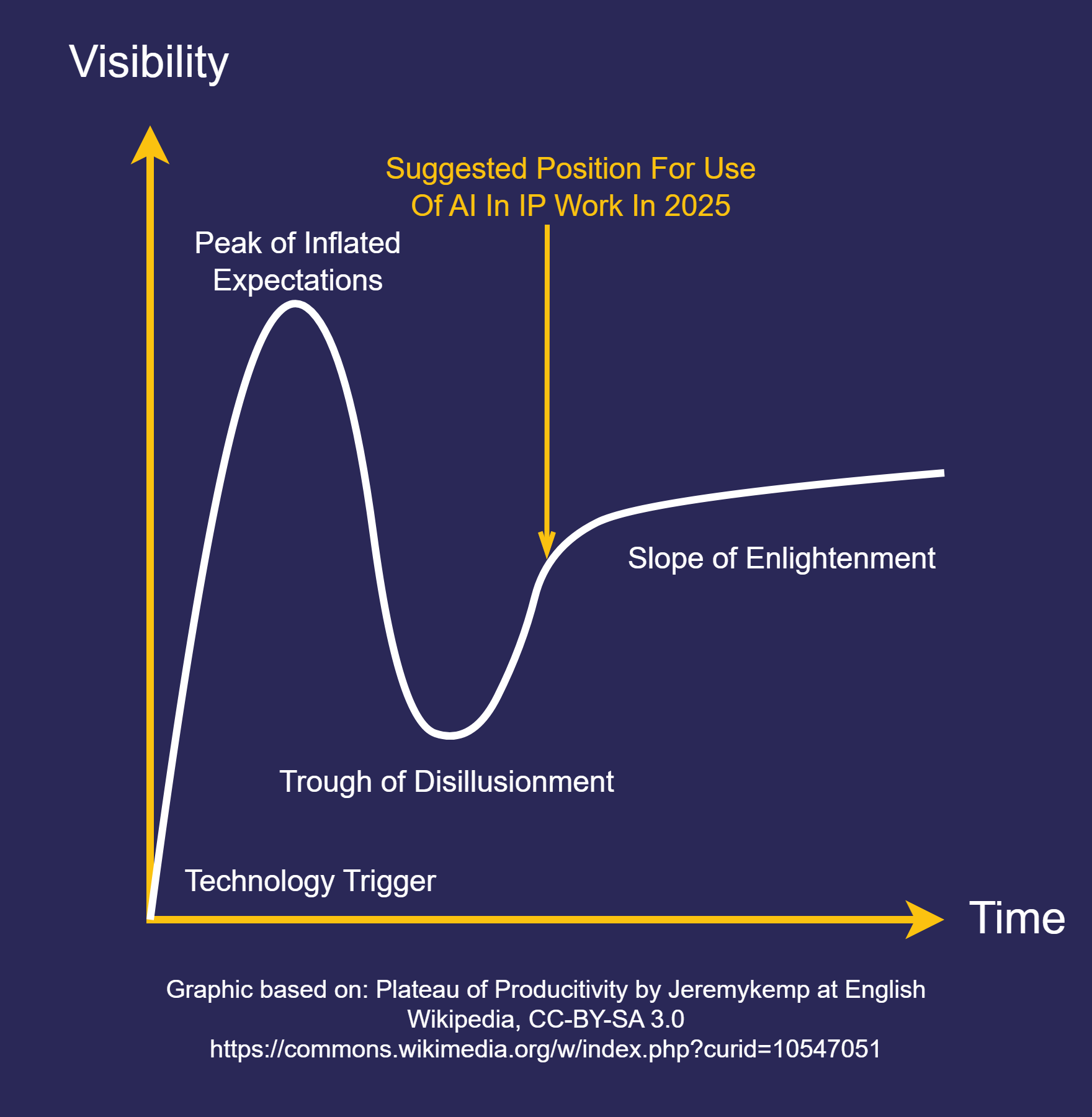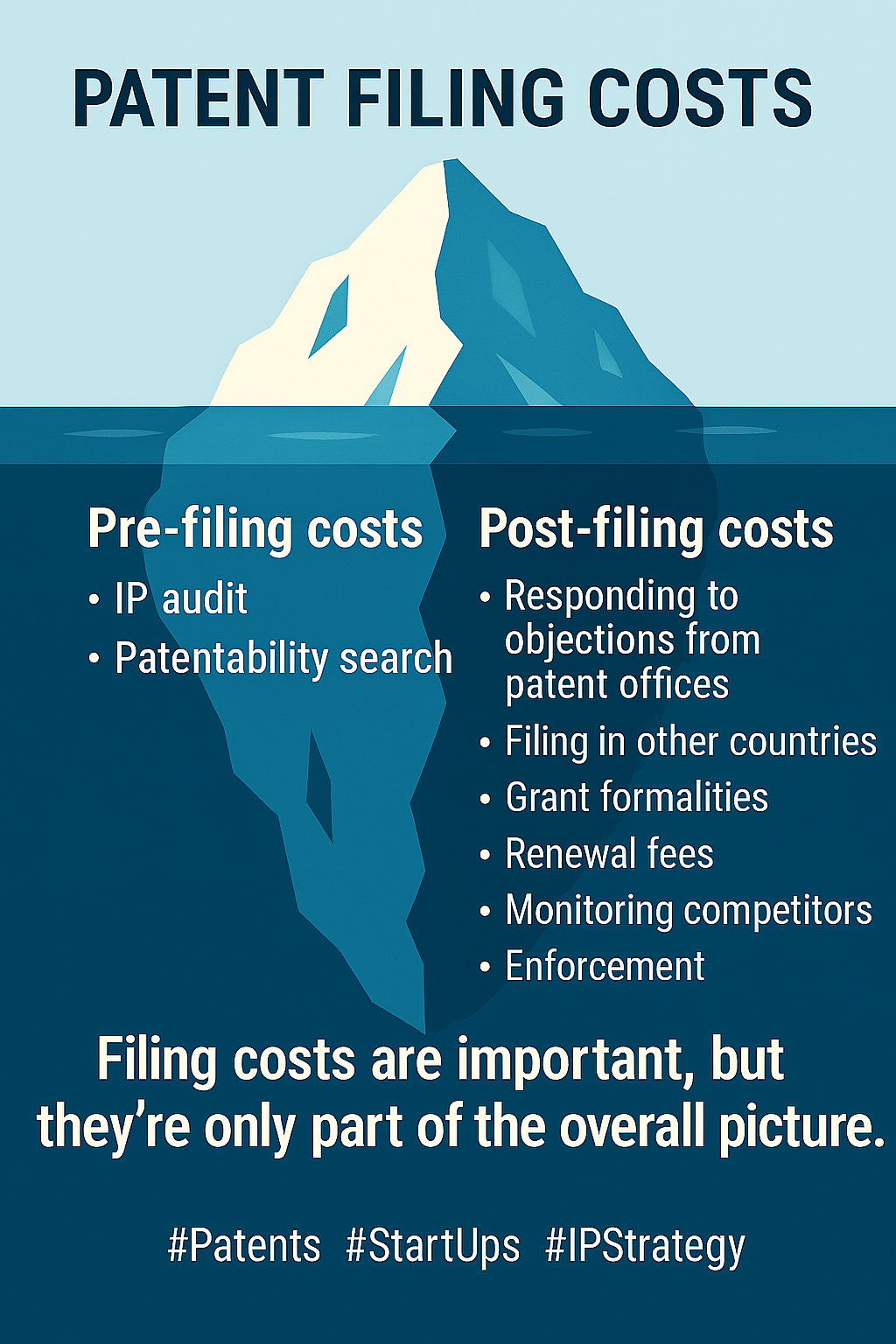How Long Does A UK Patent Last?
As part of helping clients secure a UK patent, we’re sometimes asked: “how long will my patent last?” It’s a good question, especially considering the time and effort that goes into obtaining the patent. This article answers that question, plus some related questions, to help you understand how long a UK patent might last.
Important note
This post on the duration of UK patent protection is intended to be a helpful guide for those wanting to understand some of the key issues affecting patent term in the UK. While we’ve tried to ensure accuracy of the explanations given below, the post is for information purposes only and is not legal advice. For support with a specific query, please contact Russell IP to discuss the details of your particular situation.
What is the longest a UK patent can last?
In the UK, the maximum term of a patent is usually 20 years beginning with the date of filing the application for the patent. For example, a UK patent which was applied for on 1 January 2025 would expire on 31 December 2044 at the latest. However, the patent proprietor must renew the patent periodically to keep it in force.
For an international (“PCT”) or European (“EP”) patent application which becomes a UK patent, it is the filing date of the PCT or EP application that is used to calculate the term of the UK patent, rather than the date the PCT/EP application became a UK patent. For a Euro-PCT case (a PCT application which becomes a European patent application and then a UK patent), it is the international filing date (the filing date of the PCT application) that is used.
Why is there a maximum patent term? Why can’t patent protection continue indefinitely?
A patent provides a limited-duration monopoly to help the proprietor secure a return on the investment made in developing the patented invention. In exchange, the proprietor allows the patent office to publish the practical details of the invention. Then, once the limited-duration monopoly is over, the invention is available for everyone else to use. This is intended to advance society and encourage further innovation. The maximum term of 20 years balances the cost and complexity of bringing new products to market with the desire to let society as a whole benefit from the invention.
What does renewing a UK patent involve?
To renew a UK patent, the appropriate renewal fee(s) must be paid to the UK Intellectual Property Office (UK IPO) by the relevant date.
For more information on renewing UK patents, see our short guide to patent renewal.
Once a UK patent has been granted, is the patentee obliged to keep the patent in force to the end of the 20-year patent term?
No. A patentee generally chooses whether to renew their patent each year. If the value provided by the patent no longer covers the costs associated with maintaining the patent, the patentee might decide not to renew it, meaning the patent will lapse. See our short guide to patent renewal for more information on the consequences of not renewing a patent, including the possibility of restoring a lapsed patent.
Are there other reasons a UK patent might not last its full term?
Yes. A patentee can choose to surrender their UK patent. A UK patent can also be revoked if it is found to be invalid.
What about in other countries – are patent terms the same all around the world?
Most territories have 20-year patent terms as standard. Some jurisdictions have patent term adjustments which can lead to longer or shorter patent protection. For example, the US Patent and Trademark Office (USPTO) can adjust the term of a US patent to take into account delays caused by the USPTO in granting the patent, thereby potentially providing a patent term longer than 20 years (but delays caused by the applicant may be deducted from the extension). Conversely, in some circumstances a patentee might submit a terminal disclaimer which cuts short the patent protection. This is typically done to overcome issues arising from related patents owned by the same patentee, and can lead to a patent term shorter than 20 years.
Are there other ways to get more than 20 years of protection for an invention?
Some territories offer additional protection for specific types of invention. This is most common in the pharmaceuticals industry, where regulatory approval for a new medication might take several years to be granted. In the UK, such additional protection is provided by supplementary protection certificates (SPCs), which offer up to 5 years of extra protection. Some other jurisdictions have similar mechanisms for extending protection in industries where a significant portion of the standard patent term may have elapsed before a product can come to market.
Another option is to use the 12-month priority period to obtain up to an extra year of patent protection. For example, a first (“priority”) UK patent application filed on 1 January 2025 would have a 20-year patent term ending on 31 December 2044. However, the applicant can file a new, priority-claiming UK patent application within 12 months of filing the first application, e.g. on 1 January 2026. The priority-claiming application filed on 1 January 2026 would then have a 20-year term ending on 31 December 2045 – a year after the first patent’s 20-year term would expire. In cases such as this, the first (“priority”) patent may need to be revoked by the UK IPO when the later application grants to avoid double patenting (two patents being granted for the same invention). The two patents may be allowed to co-exist if the claim scopes are different, i.e. they protect the invention differently. The second patent still has the same 20-year term as the first patent, but it expires one year later in this example.

Conclusion
How long does a UK patent last? A UK patent typically lasts for a maximum of 20 years, as long as renewal fees are paid to the UK IPO every year from the fourth anniversary of filing, once the patent has been granted. Similar patent terms exist in most other territories. In some circumstances there may be mechanisms for obtaining additional protection beyond the standard 20-year patent term.
All of this means it can be difficult to work out the patent term of an individual patent, e.g. if you are trying to establish whether a third-party patent is currently in force. If you have a query about a specific patent, please contact Russell IP for advice.







